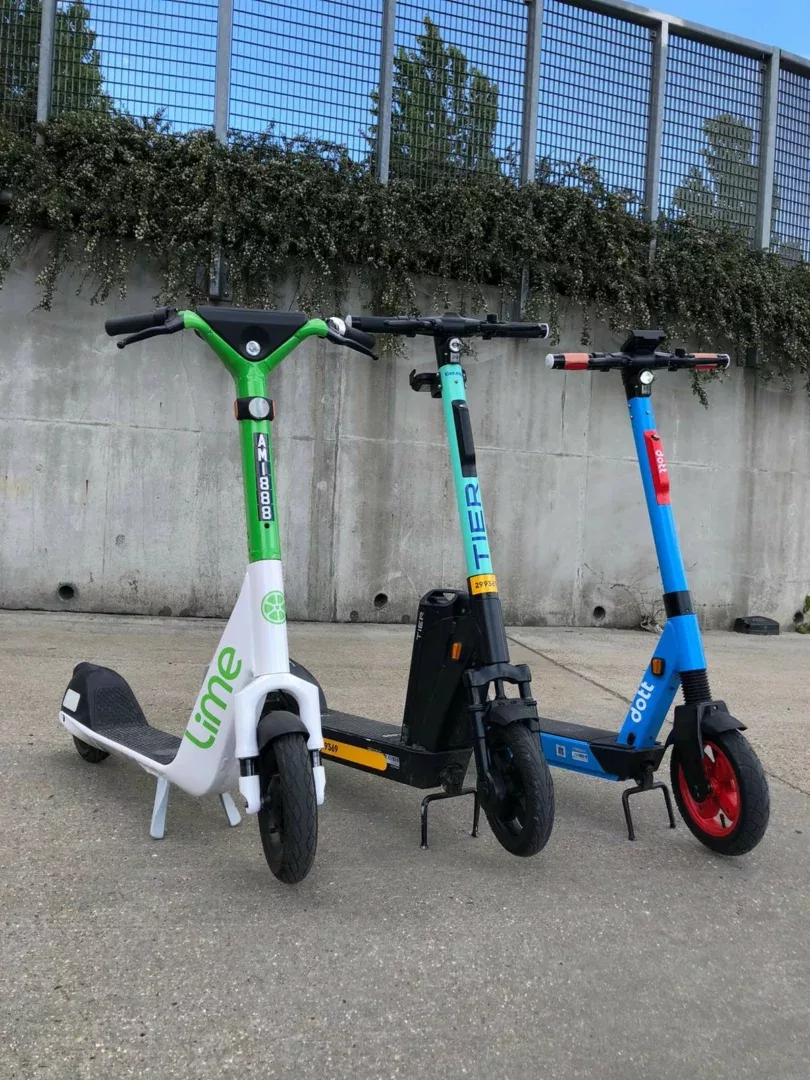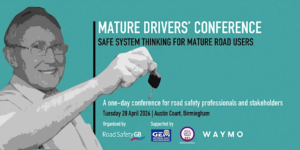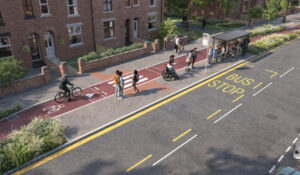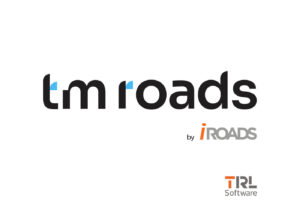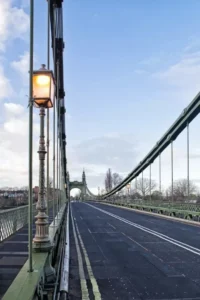TRL has produced a technical research paper commissioned by the DfT to support the development of regulations for e-scooters in the UK. The report, co-authored by WMG at the University of Warwick, sets out what the future technical requirements for e-scooters should be in order to optimise safety, sustainability and accessibility. The work focused on how to develop regulations to ensure that risks posed to e-scooter users and other road users are as low as possible, that the design of e-scooters is inclusive for all, including disabled people, and that the sustainability of e-scooters is maximised in order to make a net contribution towards zero carbon emissions.
The DfT has previously proposed to create a Light Zero Emission Vehicle (LZEV) category to encourage the growth and adoption of light electric vehicles while maintaining safety standards. This category would include within it sub-categories for different groups of light vehicles, of which e-scooters would be one, and these vehicles would effectively sit outside the remit of motor vehicle regulations (i.e. the L-category). Currently however e-scooters have no formal definition; this report sets out 10 primary recommendations to inform
development of this new category and the technical definition of e-scooters.
Dr Ianto Guy, Technical Lead for the research said: “Through this project we have gathered evidence to inform requirements for the design, construction, sale, use, and maintenance of e-scooters. Consideration of the mobility needs of disabled people was also a primary focus to ensure that regulations can unlock the micromobility market for everyone. Our goal was to assist the DfT in developing effective regulations for e-scooters that are sufficiently flexible and proportionate to promote innovation and minimise burden for industry”.
TRL’s Head of New Mobility, Dr George Beard, said: “TRL drew on its in-depth knowledge of and experience developing national and international regulations and standards for new vehicle types to deliver this research project. We also engaged with industry to ensure our recommendations will help to deliver a regulatory mechanism which is mindful of the needs and practical challenges faced by manufacturers, retailers and rental scheme operators. We believe that e-scooters can represent a genuine modal alternative to many transport users and therefore have a valuable role to play in delivering the UK’s decarbonisation goals.
Despite Brexit, there are also clear benefits to aligning the approach across Europe; we have applied a consistent philosophy in these concurrent projects for the DfT and the European Commission to facilitate market access and encourage adoption of universal safety, sustainability and accessibility standards.”
Pic: TfL



